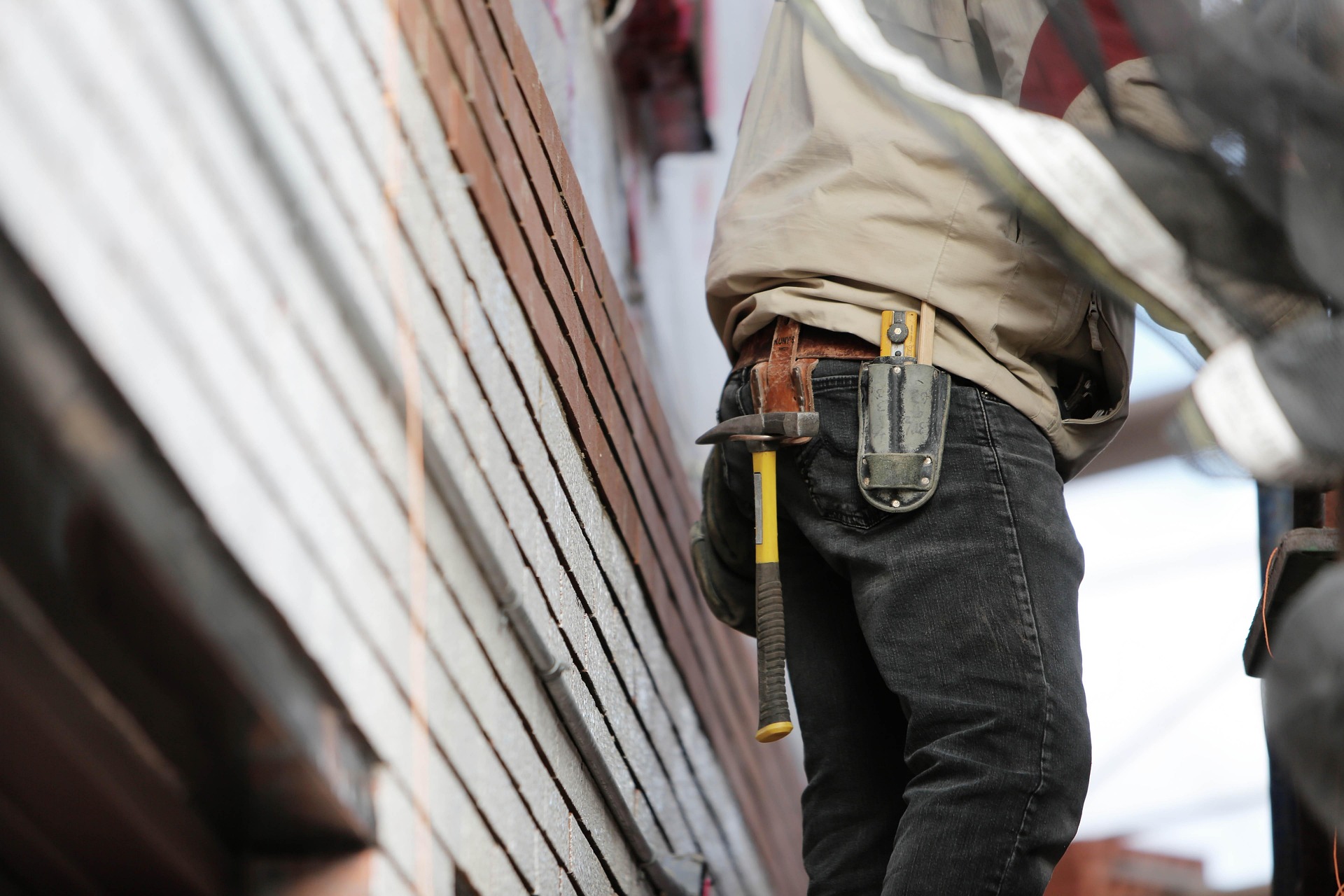Overview of the Brick Mason Profession and Employment Perspectives
This article offers an overview of the brick masonry profession, highlighting common job responsibilities, typical work environments, and general qualifications often associated with this trade. It is intended to provide helpful context for individuals interested in learning more about the role and exploring potential opportunities in the wider construction sector.

What exactly does a brick mason do?
Brick masons, also known as bricklayers, are construction professionals who specialize in building structures using bricks, concrete blocks, and other masonry materials. Their primary responsibility is to construct walls, chimneys, fireplaces, and other architectural features. Brick masons interpret blueprints, measure and mark areas for brickwork, and ensure that structures are level, plumb, and structurally sound.
What are the general skills required to work as a brick mason?
To excel as a brick mason, several key skills are essential. First and foremost, physical stamina and strength are crucial, as the job involves lifting heavy materials and standing for long periods. Manual dexterity and hand-eye coordination are vital for precise brick placement. Mathematical skills are necessary for calculating measurements and estimating material quantities. Problem-solving abilities help in addressing unexpected challenges on job sites. Additionally, attention to detail ensures that finished work meets high-quality standards.
What are the typical work environments in the masonry field?
Brick masons work in various settings within the construction industry. Most commonly, they can be found on residential and commercial construction sites, working on new buildings or renovation projects. Some brick masons specialize in historical restoration, working on older structures to maintain their integrity and appearance. Others may focus on industrial settings, constructing furnaces, boilers, or other specialized structures. Regardless of the specific environment, brick masons often work outdoors, exposed to various weather conditions.
What are the common roles and responsibilities in masonry professions?
The responsibilities of a brick mason extend beyond laying bricks. They often begin by preparing the worksite, which includes setting up scaffolding and ensuring proper safety measures are in place. Mixing mortar to the correct consistency is a critical task that directly affects the quality and durability of the finished work. Brick masons must also cut and shape bricks to fit specific spaces or create decorative patterns. Throughout the construction process, they continuously check their work using levels and plumb bobs to ensure accuracy. Many brick masons also take on supervisory roles, overseeing apprentices and coordinating with other construction professionals.
How does one become a brick mason?
Becoming a brick mason typically involves a combination of formal education and on-the-job training. Many aspiring brick masons start with a high school diploma or equivalent, followed by an apprenticeship program. These programs, which usually last three to four years, combine classroom instruction with paid on-site training under experienced masons. Some vocational schools and community colleges offer masonry programs that can provide a solid foundation in the trade. Certification, while not always required, can demonstrate expertise and potentially lead to better job opportunities. The International Masonry Institute and the Mason Contractors Association of America offer various certifications for brick masons.
What are the employment perspectives and salary expectations for brick masons?
The employment outlook for brick masons is generally positive, with steady demand in the construction industry. According to the U.S. Bureau of Labor Statistics, employment of masonry workers is projected to grow 2% from 2020 to 2030. While this growth is slower than the average for all occupations, it still translates to about 14,100 openings for masonry workers each year, on average, over the decade.
As for salary expectations, brick masons can earn competitive wages, especially as they gain experience and expertise. The median annual wage for brick masons and block masons was $58,430 as of May 2021. However, it’s important to note that earnings can vary significantly based on factors such as location, experience, and specialization.
| Experience Level | Median Annual Wage |
|---|---|
| Entry-Level | $37,950 |
| Mid-Career | $58,430 |
| Experienced | $78,290 |
Prices, rates, or cost estimates mentioned in this article are based on the latest available information but may change over time. Independent research is advised before making financial decisions.
In conclusion, a career as a brick mason offers the opportunity to engage in meaningful, hands-on work that contributes to the built environment. With a combination of technical skills, physical ability, and attention to detail, brick masons play a vital role in creating lasting structures. While the profession may face challenges from technological advancements and economic fluctuations, the timeless nature of masonry work ensures that skilled brick masons will continue to be in demand for years to come.
The shared information of this article is up-to-date as of the publishing date. For more up-to-date information, please conduct your own research.






